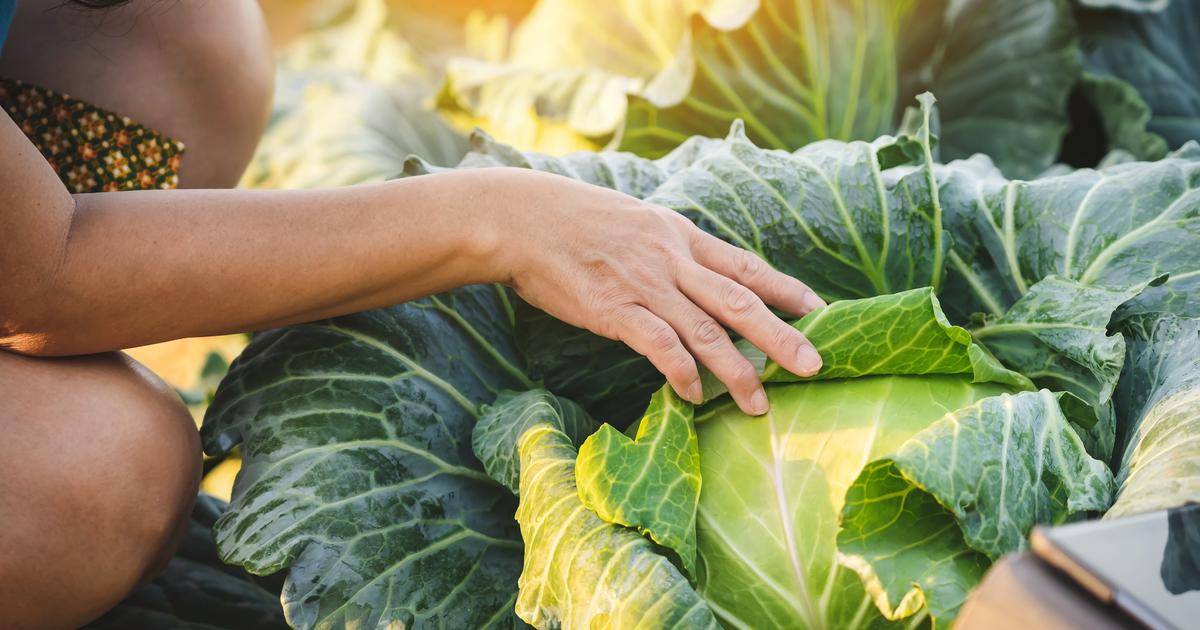We know that in the globalized world everything is related and that crises are like Russian
matryoshkas
: each of them can hold others inside.
If, as a certain metaphor of chaos theory maintains, the flight of a butterfly can cause turbulence on the other side of the planet, it is foreseeable that the shock wave of the invasion of Ukraine will have serious and unpredictable effects in places far away.
You are already having them.
The war has exacerbated an energy crisis that disrupts the entire production chain, food prices rise and everything leads to a food crisis that can cause more deaths than those caused by shells.
Rising grain and energy prices, the two pillars of survival, are a serious threat to poor countries.
As the Nigerian economist Ngozi Okonjo-Iweala, who has just completed a year at the head of the World Trade Organization, has warned, 35 African countries, some of them shaken by the worst drought in more than forty years, depend on the grain that reaches them of Ukraine and Russia.
Okonjo-Iweala recalls that these two countries provide 24% of the world supply of wheat, 17% of corn, 32% of barley and 75% of sunflower seeds.
And another important fact: half of the wheat distributed by the United Nations World Food Program (WFP) in emergency situations due to wars or natural disasters comes from the fields of Ukraine.
Since the invasion of Ukraine began, the price of grain has risen by more than 30% and that of fertilizers by 40%.
The war has aggravated a previous upward trend in the price of basic foods that already worried the UN.
Between August 2020 and August 2021, the Food and Agriculture Organization of the United Nations (FAO) Global Input Price Index (GIPI), which includes energy, fertilizers, pesticides, feed and seeds, recorded a 25% increase;
and the index of prices of food and agricultural products rose 34% and reached the highest value in a decade.
All of this is happening at a time when, according to the latest WFP report, poverty,
Crises, when intertwined, multiply their effects.
It is estimated that climate change has already reduced the capacity to produce food by 5%, and its impact on agriculture continues to grow.
The floods in China have affected a third of its cereal production this year and the increase in imports will be another factor that pushes prices up.
The drought in Angola has already displaced more than 1.5 million people in search of food.
Two million more live in a difficult situation in the Grand Sud of Madagascar, a region where 80% of the tropical forest has been deforested and now suffers from terrible dust storms that are worse than drought, because they leave the fields covered with sand. .
The war will bring scarcity, and the rise in prices, speculation.
Even if they pay more, the rich countries will be in a position to monopolize the reserves.
Ngozi Okonjo-Iweala calls on the international community not to repeat what happened with the pandemic: that the hoarding of vaccines by rich countries has condemned Africa to "
vaccine
apartheid ".
If no action is taken, he warns, grain shortages and rising food prices could lead to political instability and new unrest like the one that followed the 2008 crisis.
Exclusive content for subscribers
read without limits
subscribe
I'm already a subscriber

/cloudfront-eu-central-1.images.arcpublishing.com/prisa/Z454LB3SYTBSNVXYPZQEZ4Z2WY.jpg)








/cloudfront-eu-central-1.images.arcpublishing.com/prisa/Z45E6KV7VJGUXAKJWH7VA4NJSE.jpg)




